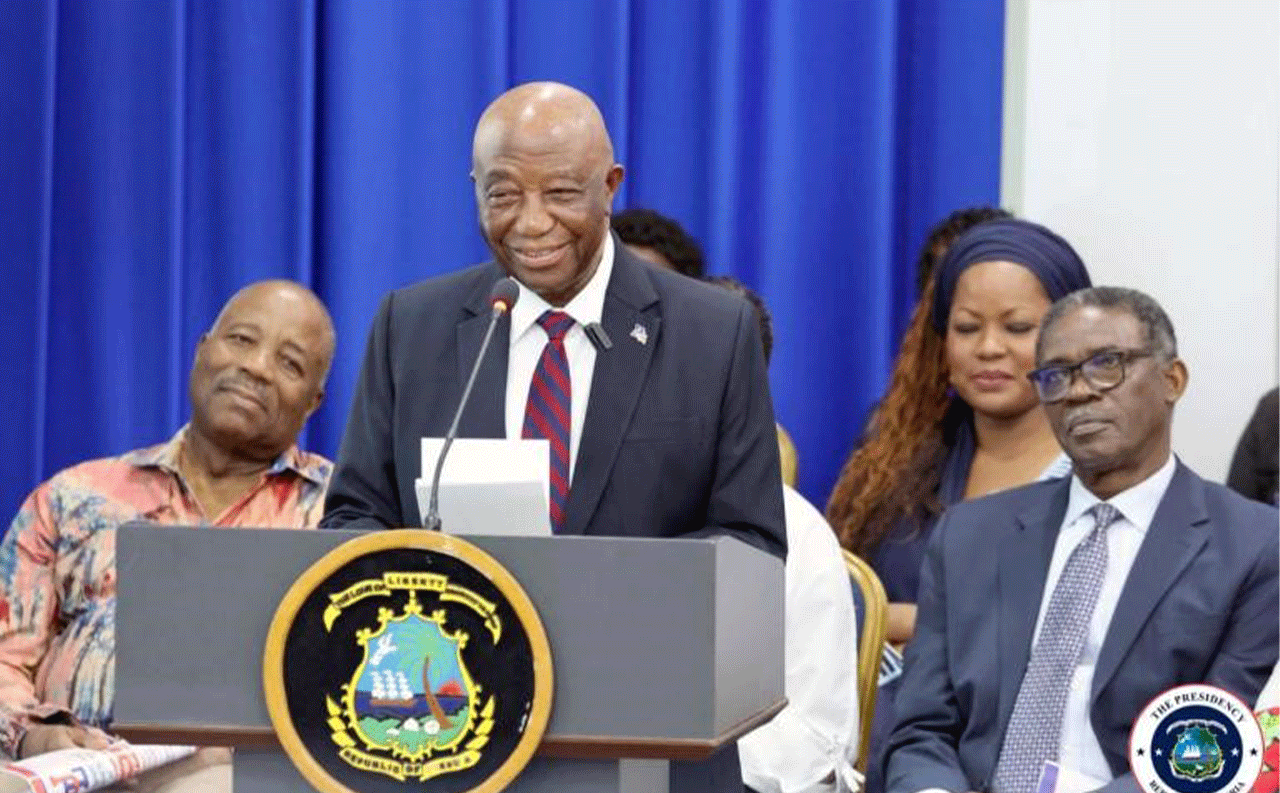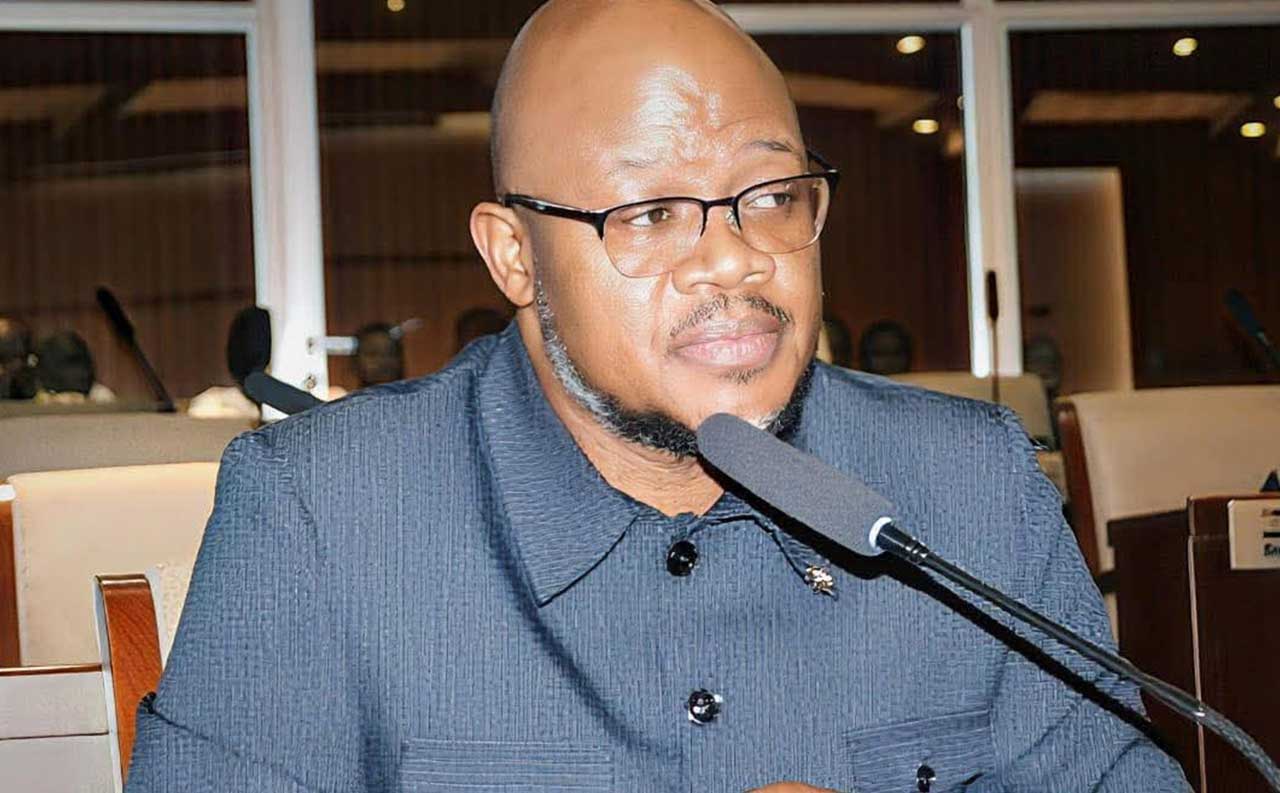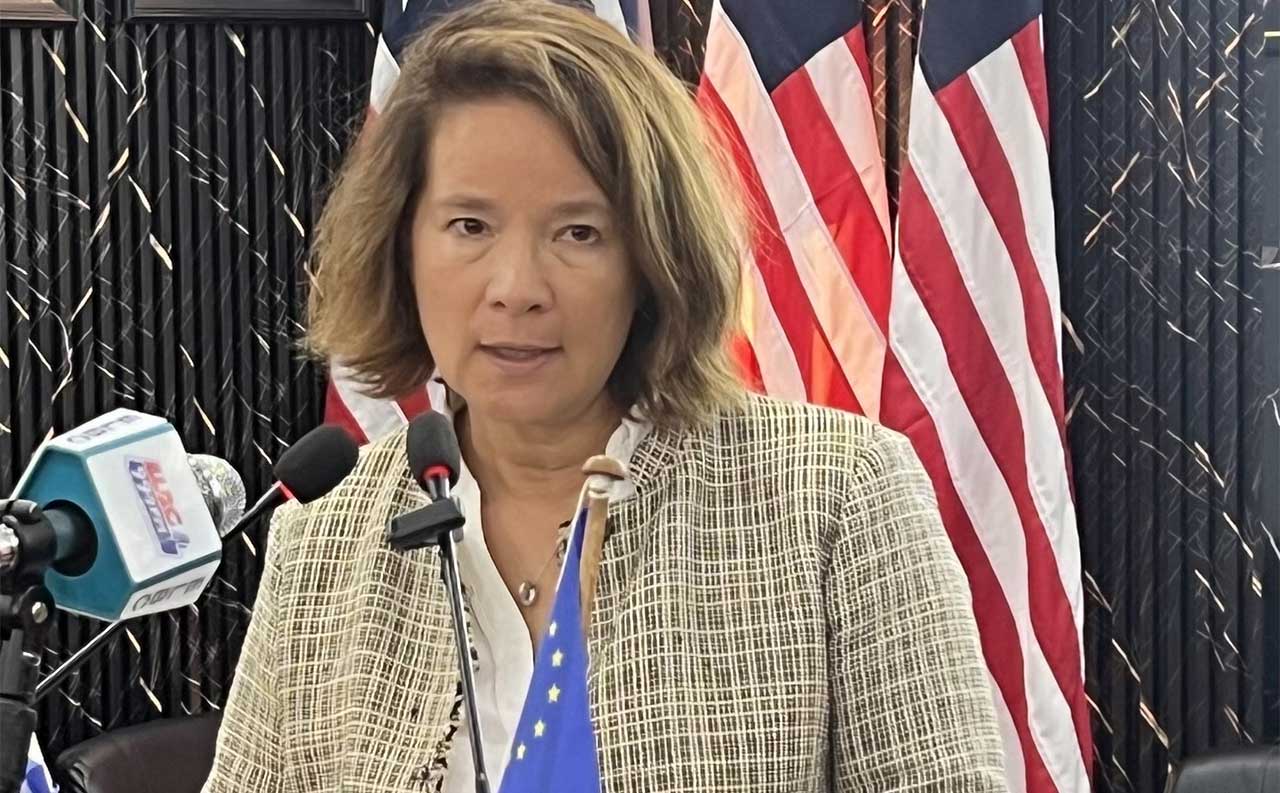President Joseph N. Boakai has reaffirmed his government’s commitment to supporting and investing in higher education infrastructure, research funding, scholarships and partnerships with international institutions.
Speaking Wednesday, October 23, 2024 during the lunch of the University of Liberia Doctoral Program, Boakai said the endeavors of supporting and investing in higher education infrastructure, research funding and scholarships are aligned with the national policies or educational reforms to uplift the country’s human resource capacity; thus his government’s commitment is not just serious but deliberate and profound.
According to him, the doctoral programs at the University of Liberia will help build and produce highly skilled graduates capable of contributing to national development and competing on the global stage, contributing to scientific and educational advancements.
Speaking under the theme: “Strengthening Research and Innovation for Higher Education Transformation in Liberia,” the Liberian leader said the program is a significant milestone in the country’s educational sector because it dramatically impacts the educational landscape by elevating the nation’s intellectual and research capabilities.
Boakai said government’s commitments will position the country as a knowledge-based economy that will inform the economic growth through advanced research and innovative initiatives; saying, that is why the education pillar in the ARREST Agenda for Inclusive Development (AAID), highlights higher education, innovation and research.
President Boakai said the doctoral programs will have significant and positive impacts in supporting and ensuring a sustainable implementation of the AAID, especially pillar four of the agenda, which acknowledges that “Education is critical for the development of any nation, but our educational system is replete with many challenges that affect not just access but also educational quality and outcomes.”
He said the programs also have the potential to attract international students and scholars, eventually making Liberia a hub for knowledge production and research.
“This will only be possible when we work together as one government and blend our expertise, efforts, and resources toward the objective of supporting research, innovation and capacity building for enhancement of the nation’s development,” Boakai said.
He said it is important to collaborate with the private sector, international universities and research institutions, including the Consortium of United States Universities for the Support of Higher Education in Liberia, to ensure that these programs receive broad support, collaborations and accreditations.
President Boakai said, “My Government will ensure through budgetary appropriations that the necessary resources are provided for this groundbreaking capacity-building initiative.”
The president also recognized the goodwill of all who have contributed to the success of the program, including the UL Administration, international partners and agencies, collaborating partners that have contributed to the curriculum in the health sciences for making this program possible.
He commended the first cohort of doctoral students and reminded them of their responsibility as pioneers to uphold the core values of the doctoral programs, including intellectual curiosity, critical thinking, intellectual integrity and accountability.
By Prince Saah



